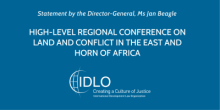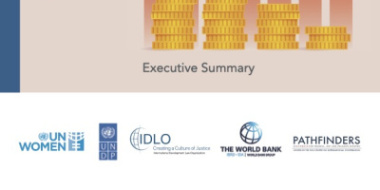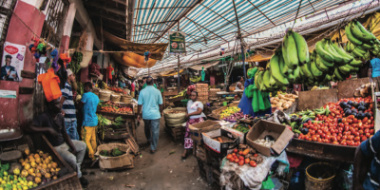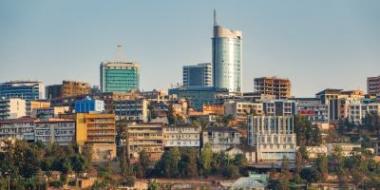UGANDA: Enhanced Access to Justice for Poor, Vulnerable Women, Children and Marginalized Communities – Phase II
This sub-project aims to enhance access to justice for poor and vulnerable women and children in the Iganga, Kampala, Lamwo, Lira, Nebbi and Wakiso districts in Uganda. Building on the results achieved during the first phase of the sub-projectt, the Uganda Association of Women Lawyers (FIDA-Uganda) is implementing a series of awareness-raising activities, including community barazas and dialogues, on women’s rights, gender equality and gender-related laws to community members.









